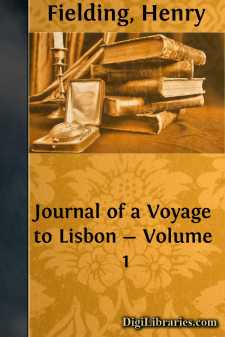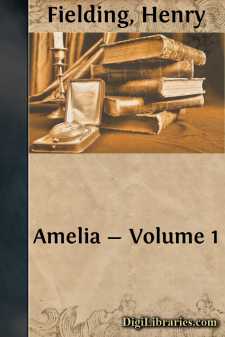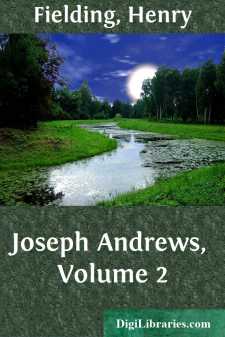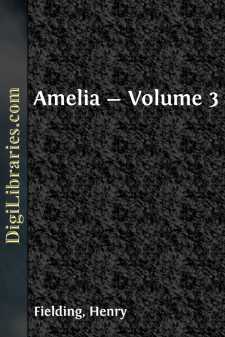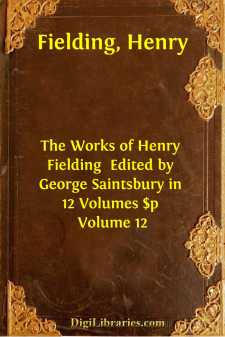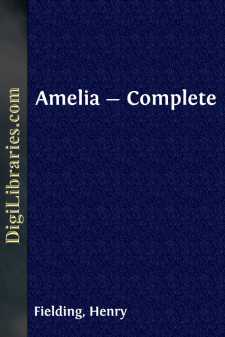Categories
- Antiques & Collectibles 13
- Architecture 36
- Art 48
- Bibles 22
- Biography & Autobiography 813
- Body, Mind & Spirit 141
- Business & Economics 28
- Children's Books 12
- Children's Fiction 9
- Computers 4
- Cooking 94
- Crafts & Hobbies 4
- Drama 346
- Education 46
- Family & Relationships 57
- Fiction 11826
- Games 19
- Gardening 17
- Health & Fitness 34
- History 1377
- House & Home 1
- Humor 147
- Juvenile Fiction 1873
- Juvenile Nonfiction 202
- Language Arts & Disciplines 88
- Law 16
- Literary Collections 686
- Literary Criticism 179
- Mathematics 13
- Medical 41
- Music 40
- Nature 179
- Non-Classifiable 1768
- Performing Arts 7
- Periodicals 1453
- Philosophy 64
- Photography 2
- Poetry 896
- Political Science 203
- Psychology 42
- Reference 154
- Religion 513
- Science 126
- Self-Help 83
- Social Science 81
- Sports & Recreation 34
- Study Aids 3
- Technology & Engineering 59
- Transportation 23
- Travel 463
- True Crime 29
The Lovers Assistant, or, New Art of Love
by: Henry Fielding
Description:
Excerpt
INTRODUCTION
The publishing history of this translation has been sketched by Cross, in his History of Henry Fielding, and may simply be summarized here. The first edition, entitled Ovid's Art of Love Paraphrased and Adapted to the Present Time (or Times) was first issued in February, 1747, and was advertised in the Gentleman's and Scots Magazines in that month. During March, further advertisements appeared in the London Magazine and the St. James Evening Post. The most extensive notice ran, however, in Fielding's own Jacobite Journal (No. 15), where it served as basis for a detailed comparison between the art of love and the art of Jacobitism. Of this 1747 anonymous, original edition no copy is known.
In 1759, the work was reissued in London and Dublin, under the title The Lover's Assistant, and again in London in 1760. Meanwhile, advertisements for the original edition, as by Henry Fielding, had been run by the publisher, Andrew Millar, in 1754 and 1758. Inasmuch as Millar apparently still had unsold sheets in 1758, the 1759 edition may comprise these sheets with new title pages and prefatory matter necessary because of Fielding's death in 1754. At any rate, the "modern instances" referred to by the author of the 1759 Preface are not too modern to have been written in 1747. There has been no reprint since 1760.
The present text is printed from the 1760 edition, collated with a copy of the 1759 issue. The Latin text, which in the original faces the English, is omitted. Notes keyed by letters and asterisks appear in the original; it will be noted that Fielding's notes combine scholarly and facetious remarks; he frequently used footnotes for comic effect, especially in the translation of the Plutus of Aristophanes in which he collaborated.
Literature affords few pleasures so satisfying as translations done by those who are not only expert in the languages concerned, but who also are of the same spirit as the authors they translate. Some examples come readily to mind: Pope's Horace, Dryden's Juvenal and Persius, Smollett's LeSage, Lang's Aucassin and Nicolette, and Pound's translations from Provençal. Such a felicitous combination appears in Henry Fielding's translation of Book I of Ovid's Ars Amoris.
Throughout the sixteenth and seventeenth centuries, English translators of the classics abounded, including Marlowe, Jonson, Chapman and Sandys; Roscommon, Waller, Denham, Cowley and Dryden. By 1700, the major kinds of translation had been differentiated, described, evaluated and practised.
To summarize, Dryden wrote as follows in his Preface to the 1680 edition of Ovid's Epistles, Translated by Several Hands:
All translation I suppose may be reduced to these three heads:
First, that of Metaphrase, or turning an Author word by word, and line by line, from one language to another.... The second way is that of Paraphrase, or Translation with Latitude, where the Author is kept in view by the Translator, so as never to be lost, but his words are not so strictly follow'd as his sense, and that too is admitted to be amplyfied, but not alter'd.......




